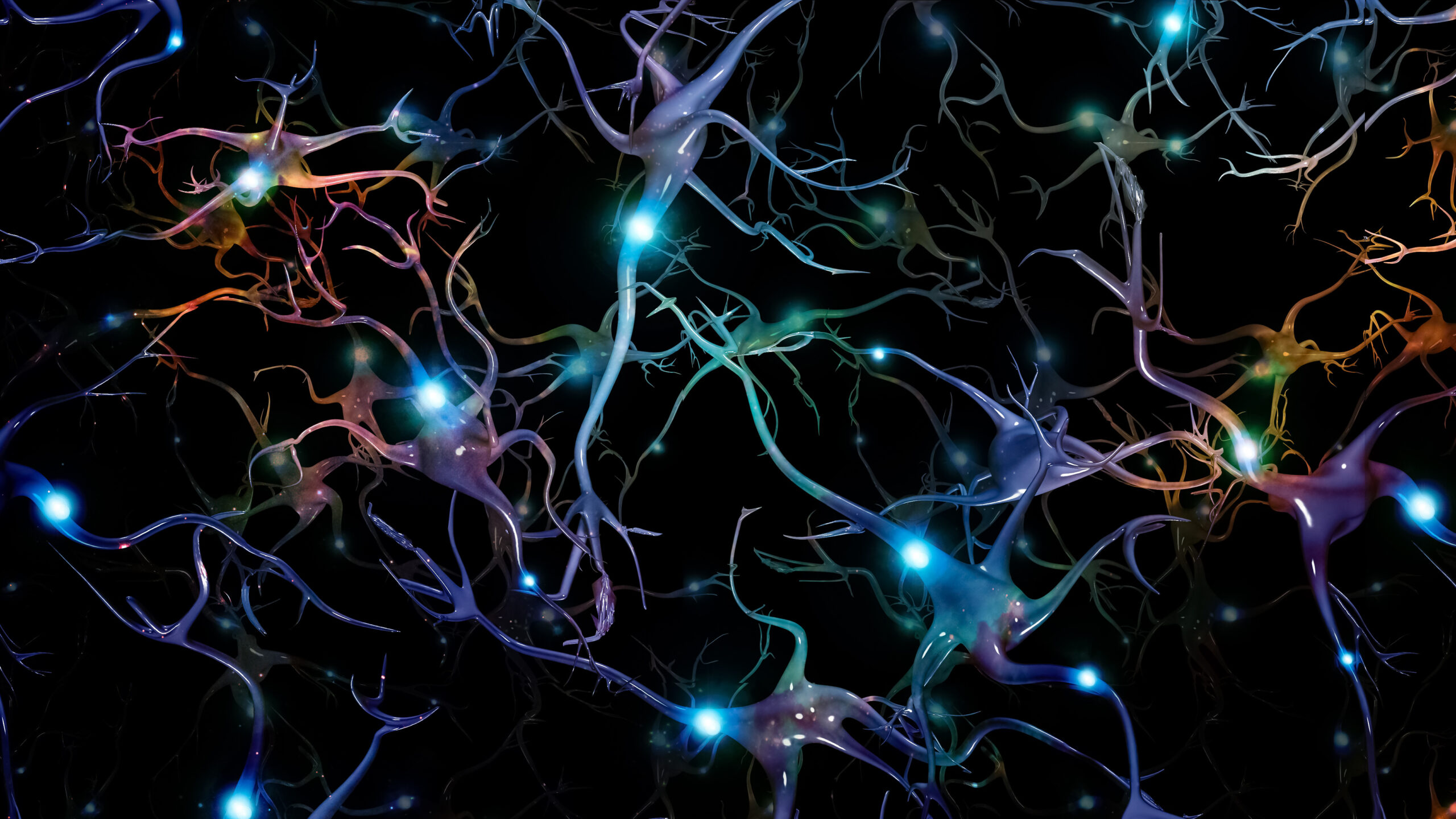A Gentle Conversation on Memory and Mind: Exploring the Emotional Landscape of Dementia
**A Gentle Conversation on Memory and Mind: Exploring the Emotional Landscape of Dementia**
Dementia is a condition that affects many people, causing changes in memory, thinking, and behavior. While we often talk about the physical symptoms of dementia, like memory loss and confusion, there is another important aspect to consider: the emotional landscape. In this article, we will explore how dementia affects emotions and what it means for those who care for loved ones with the condition.
### The Emotional Impact of Dementia
Dementia can lead to a loss of empathy, which is the ability to understand and share the feelings of others. This loss can make caregiving more challenging and isolating. For example, someone with dementia might not show any emotional response to the loss of a family member, or they might respond inappropriately. This can be very hurtful for caregivers, who often feel a deep sense of connection and support from their loved ones[1].
Caregivers may also experience depression and anxiety because they no longer have the emotional support they once had. The isolation can be devastating, especially when a caregiver is physically present with the person but cannot connect with them socially or emotionally[1].
### Supporting Caregivers
Supporting caregivers is crucial in managing the emotional impact of dementia. Here are some ways to do this:
1. **Listen and Understand**: When a caregiver talks about dementia symptoms, it’s essential to listen. Sometimes, all they need is someone to understand their situation[1].
2. **Mental Health Services**: Caregivers need mental health services that understand dementia. Unfortunately, many therapists do not fully comprehend the complexities of dementia, leading caregivers to educate them during sessions. This can be draining and may cause caregivers to give up on therapy[1].
3. **Art Therapy**: Organizations like ARTZ Philadelphia offer art therapy for people with dementia and their caregivers. This type of therapy helps people connect through art, which is a unique way to engage and support both the person with dementia and the caregiver[1].
4. **Self-Care**: Caregivers should not forget to take care of themselves. They can benefit from counseling, which is confidential and professional. Dementia Australia offers free counseling for individuals, families, couples, and professional caregivers at all stages of a dementia journey[4].
5. **Social Connections**: Social isolation is a significant risk factor for dementia. Engaging in social activities, such as adult education, arts and crafts, playing a musical instrument, or volunteering, can help the brain cope with disease and improve mood[2].
### The Unique Challenges of Younger Onset Dementia
Younger onset dementia presents unique challenges. People diagnosed with this condition may still be in full-time employment, actively raising a family, or financially responsible for their family. This can lead to significant changes in daily life, including reducing work hours or giving up work altogether. Family and friends may struggle to accept that a younger person can have dementia, leading to feelings of isolation and loss of social connections[5].
### Conclusion
Dementia is not just a physical condition; it also affects the emotional landscape of those involved. By understanding the emotional impact of dementia and providing support to caregivers, we can make a significant difference in their lives. Whether it’s through listening, mental health services, art therapy, self-care, or social connections, we can help navigate the complex emotional journey of dementia.
Remember, if you know someone with dementia, reach out to the caregiver and the family. A simple check-in can go a long way in supporting them through this challenging time. And if you are a caregiver, be kind to yourself and seek help when you need it.





